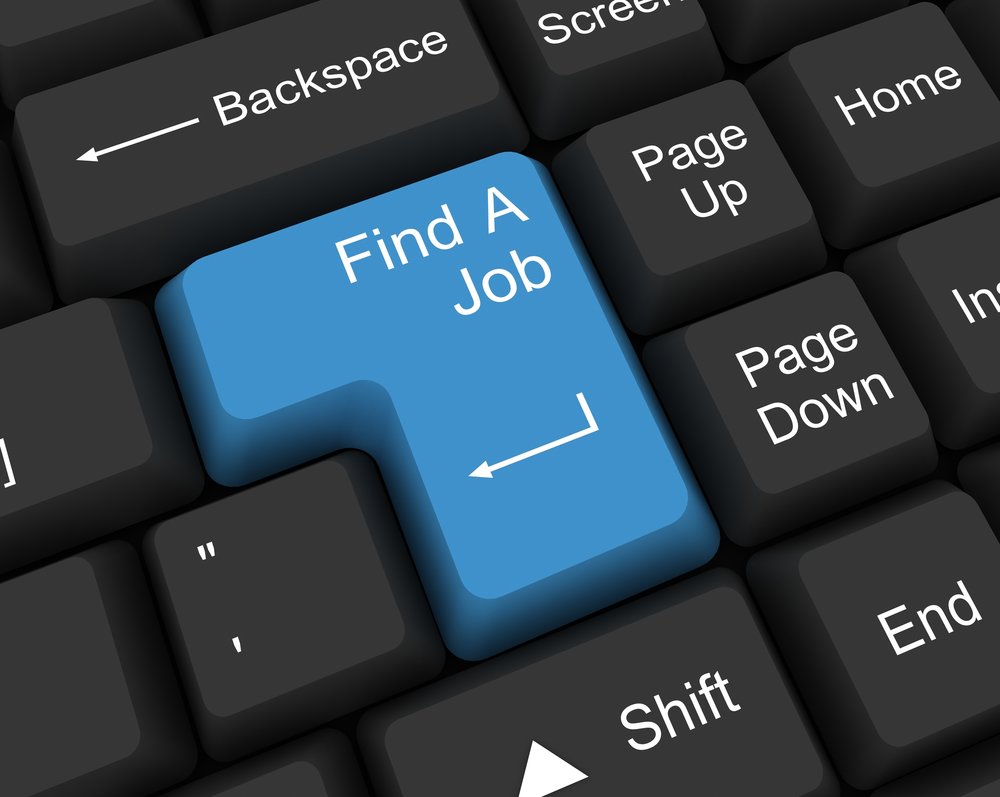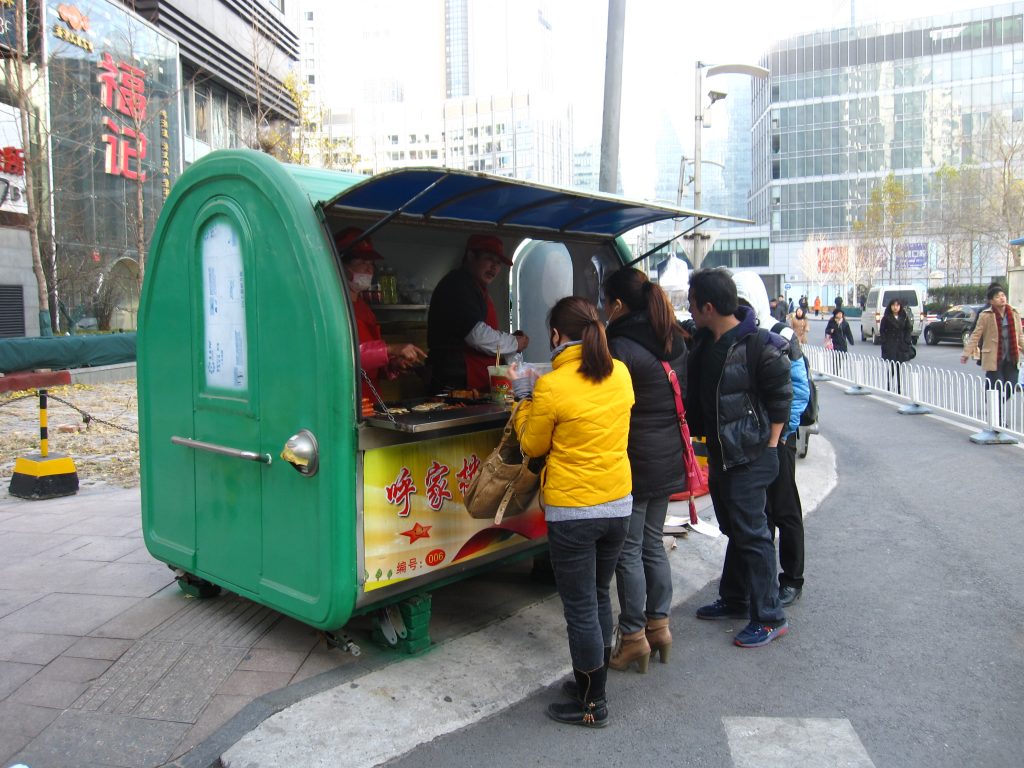For those who repatriate this summer, or who move on to another country where they would like to work, stressing over a new job is often part of the packing process. You know the thoughts:
Who will hire me after being abroad/ taking care of my children/ not working in a paid job? Or: I am no longer excited about the work I do now or did before I moved abroad, but I don’t know what else to do. Or how am I going to explain my experiences to employers who have no clue what it is like to live abroad?
In fact, there is a lot you can do before you even move. Here are 6 steps to get you started.
Step 1. Claim ownership of your situation
Where are you now- in life, in career, in family situation? You are not the same person who left. Maybe you have become a parent, maybe you have tried out different jobs, volunteered, took time for hobbies. We tend not to think of these experiences as “career” worthy stuff, but they do make you grow immensely as a person. And after all, it is this person that we will bring to work, we are not machines.
If you had a job abroad, also look at what was different abroad, e.g. the different circumstances, perhaps the independence you had in taking decisions, the variety of tasks, the different challenges or how the distance from the head office impacted your work abroad. What did you enjoy and what would you love to leave behind once you move?
Step 2. List and credit
Take 30 minutes to 1 hour to sit down with a pen and paper. List all of your experiences, big and small, where did you grow, the travels you undertook, what new knowledge and skills did you acquire? What challenges did you face and how did you overcome them? What are you proud of? Now give yourself credit for all of it. You lived abroad, something that most people will never dare to do. You had time to spend on things that gave you joy (hopefully). Even if many of these experiences are not immediately relevant to a future job, no one can take this away from you.
Step 3. What job would be ideal now?
Which type of job would you love to do upon return? How many hours a week, type of company et cetera? What would excite you? Start asking yourself these questions and write down the answers. Probably your first reaction is “I don’t know.” Don’t be deterred by that thought, in fact it is perfectly normal. You possibly haven’t given much thought to it recently. There is a good chance that you never really gave that thought much attention back in the days when you lived in your home country and held down a day job. Think of people that do jobs that you would love to try, look at job advertisements that resonate with you and make a list.

Step 4. Start networking
You may think that hunting for jobs means searching the internet or even the weekend newspapers for relevant advertisements, writing a letter and waiting for an invite for an interview request or a rejection.
Think again. Many vacancies never even make it to the papers. Internal candidates are found, or they already know someone suitable. Become that someone. Start networking with intention. Connect to former colleagues and friends on LinkedIn. Be clear about what you are looking for. Find companies that you’d love to work for. Even if they do not have a vacancy now, you can start following them already.
But I haven’t been networking for ages!
You never stop networking really. Perhaps you’ve lost touch with colleagues from previous jobs, but that doesn’t mean you have lost your network. A network is much broader than work. Your friends, family, random acquaintances, all are part of your network. Although you may think that your expat friends are not a network, they are. Especially in this globalised world, people have friends and family in the most random places. And if you have online acquaintances/ friends, they could also be a doorway to a new job.
Start asking around whether people have friends living in the city that you will be moving to, or in the industry that you want to go back to or break into. Start making connections to these persons, ask them questions, Skype them or meet them for coffee. Not with the intention of immediately being offered a job, but to learn more about their jobs. To learn about the company they work for, about current trends and developments, the pros and cons.
Step 5. Update your CV/ resumé/ LinkedIn profile
Use the experiences abroad that are relevant to a future job on your CV- your curriculum vitae. Experts in the expat world say you can list volunteer experience as a job, without mentioning it is unpaid. Personally, I feel it has to do with the amount of time and learning that you put into it whether you wish to list something under Work Experience or under Other Activities. However, showing you were active abroad will tell a sensible employer that you did not only drink sherry by the pool during your time abroad.
Also, update your LinkedIn profile. This is not only used to showcase your CV as it ranks very highly on Google when people search for your name. It is also used by recruiters to find suitable candidates and to advertise jobs.

Step 6. Consider an online study
If you still have some time before you leave (more than 3 months at least), you could consider doing a short online study with a reputable institution, see my blog posts about the advantages of online studies, questions to ask yourself before you start one and the best platforms for online studies.
Conclusion: Get out of your comfort zone and start experimenting
In short, if you want to get back to work in your next location, you will need to start taking steps out of your comfort zone. Small steps are good to start with too! Start thinking about what you want, start experimenting, connect to people you liked and engage in conversation with them, then move on to friends of friends and so on. What would happen if you start taking your first step today? Don’t expect a job offer tomorrow, but also do not be deterred by a person not accepting your LinkedIn invite or coffee request. Just keep going with intention, opportunities will start arising.
Read more: One of the best books I’ve read recently on life and career is Designing Your Life: How to Build a Well-Lived, Joyful Life by Bill Burnett and Dave Evans. They have good exercises and questions and also have some great ideas about networking for jobs. Of course, you can also get in touch with me to work with you on gaining clarity on what is next for you.



